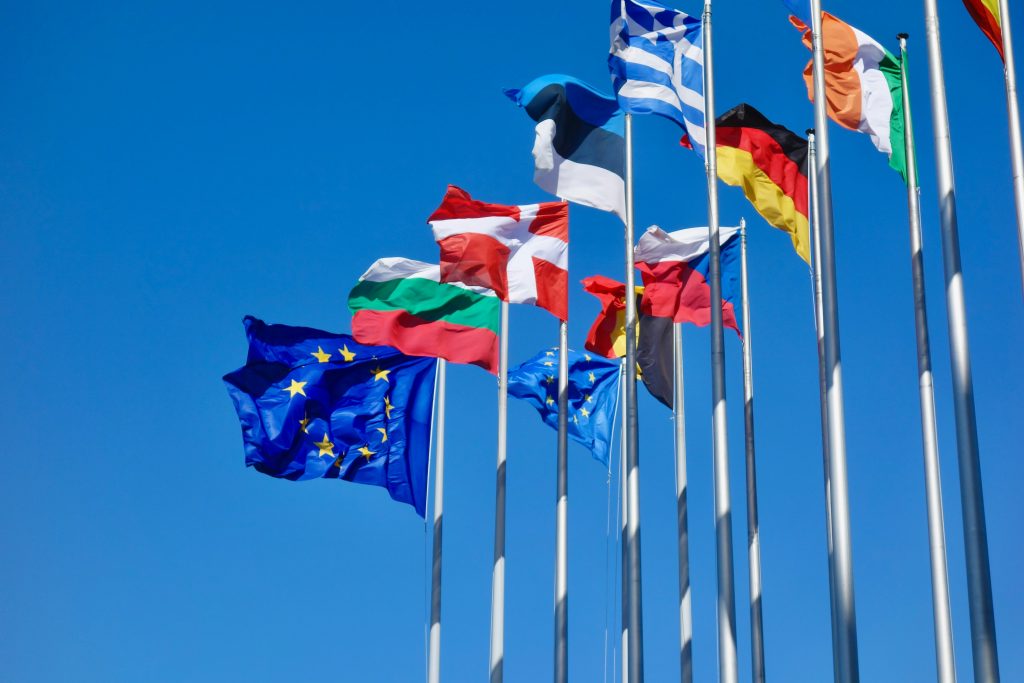Violence and crime experienced by persons with disabilities is widespread across the world. Yet, in the Baltic countries there is a significant latency and lack of data and statistics with regards to persons with disabilities as crime victims, including hate crimes. Similar trends are identified across all three Baltic countries, where states fail to recognise, record and investigate disability hate crimes.
Human Rights Monitoring Institute together with Lithuanian Disability Forum and other partners have developed these recommendations aimed at three different stakeholder groups:
1) decision makers;
2) law enforcement and victim support services;
3) non-governmental organizations and the community of persons with disabilities.
A set of unique recommendations are provided for each Baltic country separately. Also general recommendations are compiled with regards to all three Baltic States, for reforming legal regulations, reshaping practices and raising awareness about the need for recognizing and adequately responding to disability hate crimes.
Some additional recommendations aim to raise awareness in the general public, about persons with disabilities and their human rights, including: respecting and promoting their dignity, decreasing stigmatization, promoting social inclusion and accessibility to all services, including access to justice and victim support.
Recommendations in Lithuanian.
Development of these recommendations was financially supported by the European Union’s Rights, Equality and Citizenship Programme under the Grant Agreement number 809533–PONGO–REC-AG-2017/REC-RRAC-RACI-AG-2017; project titled ‘Police and NGO Cooperation to Combat Hate Crime in Estonia, Latvia and Lithuania: PONGO’. The content of this document represents the views of the authors only and is their sole responsibility. The European Commission does not accept any responsibility for use that may be made of the information it contains.
This project is co-funded by the European Union








